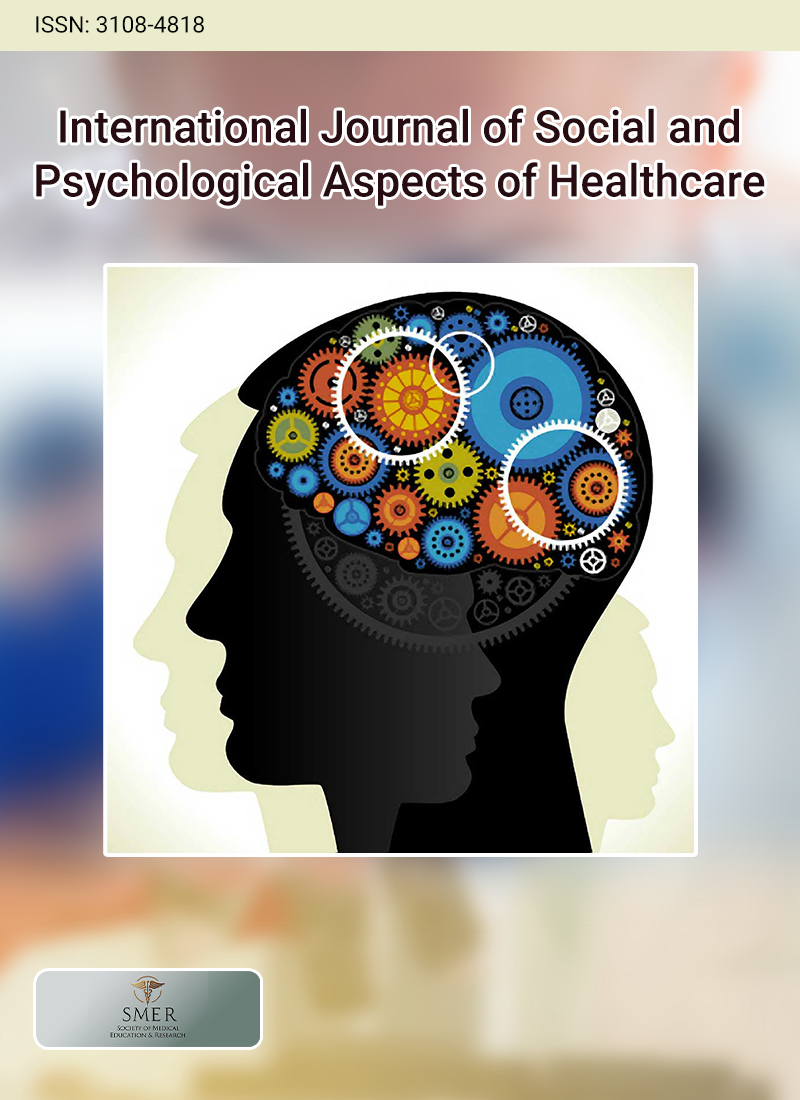
Preventive measures play a crucial role in controlling the spread of the disease by reducing the infection rate. The effectiveness of these measures depends on individuals' attitudes, knowledge, and practices regarding the disease. The study aimed to assess the perceived risk, awareness, and protective behavior toward COVID-19 among undergraduate students in Delhi and the National Capital Region (NCR), India. A random online survey was conducted among 600 undergraduate students to analyze the demographic characteristics, awareness levels, perceived risks, and protective behaviors related to COVID-19. The results indicated high overall awareness, perceived risk, and protective behavior among undergraduate students (P = 0.000, 0.000, and 0.000, respectively). However, when analyzed based on gender, area of residence, and field of study, there was no statistically significant difference in overall awareness among the participants (P > 0.05). In contrast, female students, urban residents, and science students showed a higher perception of the risk of COVID-19 compared to male students, rural residents, and non-science students (P = 0.016, 0.035, and 0.036, respectively). Additionally, urban students showed significantly higher protective behavior than rural students (P = 0.048), while no statistically significant differences were found in protective behavior between male and female students or between science and non-science students (P = 0.189 and 0.100, respectively). The findings contribute to ongoing regional and global efforts to enhance crisis response strategies for COVID-19. This study highlights the importance of periodic educational webinars for undergraduate students to further strengthen awareness and promote preventive measures.